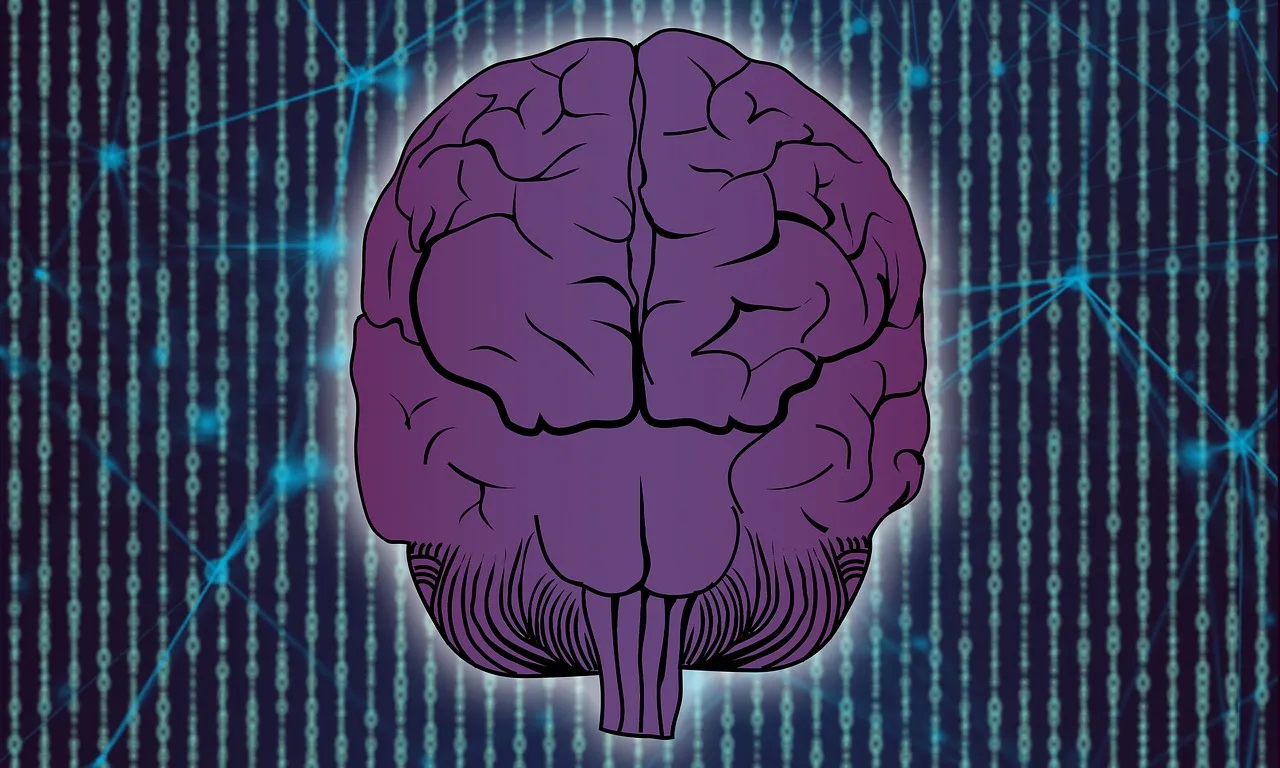Table of Contents
I recently reported how a scientist who spent 100 days in an underwater habitat came out of the experience “10 years younger”. That is, certain biological changes, particularly in his chromosomes, effectively reversed his biological clock. But, if living under the sea might extend your life, living in space may make you dumber.
Space travel severely impacts astronauts’ brains, necessitating a significant recovery period after returning to Earth. A new study suggests that astronauts should wait three years following long missions to allow for physiological changes in their brains to reverse.
Researchers analyzed brain scans from 30 astronauts, taken both pre- and post-space travel. They discovered a marked expansion of the brain’s ventricles in those who undertook missions lasting at least six months. Given this level of expansion, a recovery period of less than three years may be inadequate.
The ventricular system consists of four ventricles in the brain. Ventricles are a communicating network of chambers filled with cerebrospinal fluid.
Ventricles are fluid-filled cavities within the brain, filled with cerebrospinal fluid that serves to protect, nourish and remove waste from the brain. Under normal gravity conditions, bodily mechanisms distribute fluids evenly throughout the body. However, in the absence of gravity, these fluids shift upwards, causing the brain to ascend within the skull and resulting in ventricular expansion.
The ventricular system is critical to the central nervous system’s overall functioning. Conditions related to anomalies in the ventricular system include hydrocephalus and neural tube defects. Rapid expansion of the cerebral ventricles is also observed in people with dementia, although the association between ventricular expansion on cognitive function is unclear.
This expansion compresses the brain, potentially resulting in the destruction or damage of brain tissue. Fortunately, the study revealed no change in the brain structure of individuals who spent less than two weeks in space, offering positive implications for the future of space tourism.
But what of astronauts, not to say future human colonists who may live their entire lives in space? In the science fiction series The Expanse, “Belters” who live in sealed environments on asteroids are characterised by ectomorphic – that is, long and skinny – bodies that are only able to endure planetary gravity after intensive medical treatment, if at all. But the worst effects may be on any future “Belter” brains.
“We found that the more time people spent in space, the larger their ventricles became. Many astronauts travel to space more than one time, and our study shows it takes about three years between flights for the ventricles to fully recover,” says Dr Rachael Seidler, a Professor of Applied Physiology and Kinesiology at the University of Florida, in a media release. “The biggest jump comes when you go from two weeks to six months in space. There is no measurable change in the ventricles’ volume after only two weeks.”
Space is, not to put too fine a point on it, not the ideal place for the human body. Already-known hazards include increased radiation, microgravity exposure, social isolation and confinement in a closed environment.
Ventricular expansion is the most lasting change observed in the brain due to spaceflight.
“We don’t yet know for sure what the long-term consequences of this is on the health and behavioral health of space travelers. So, allowing the brain time to recover seems like a good idea,” adds Dr Seidler […]
“We were happy to see that the changes don’t increase exponentially, considering we will eventually have people in space for longer periods,” concludes Dr Seidler.
Studyfinds
So, long-term space-dwellers may go dumb fast at first, then more slowly?
Not exactly the most comforting prospect, all in all.









